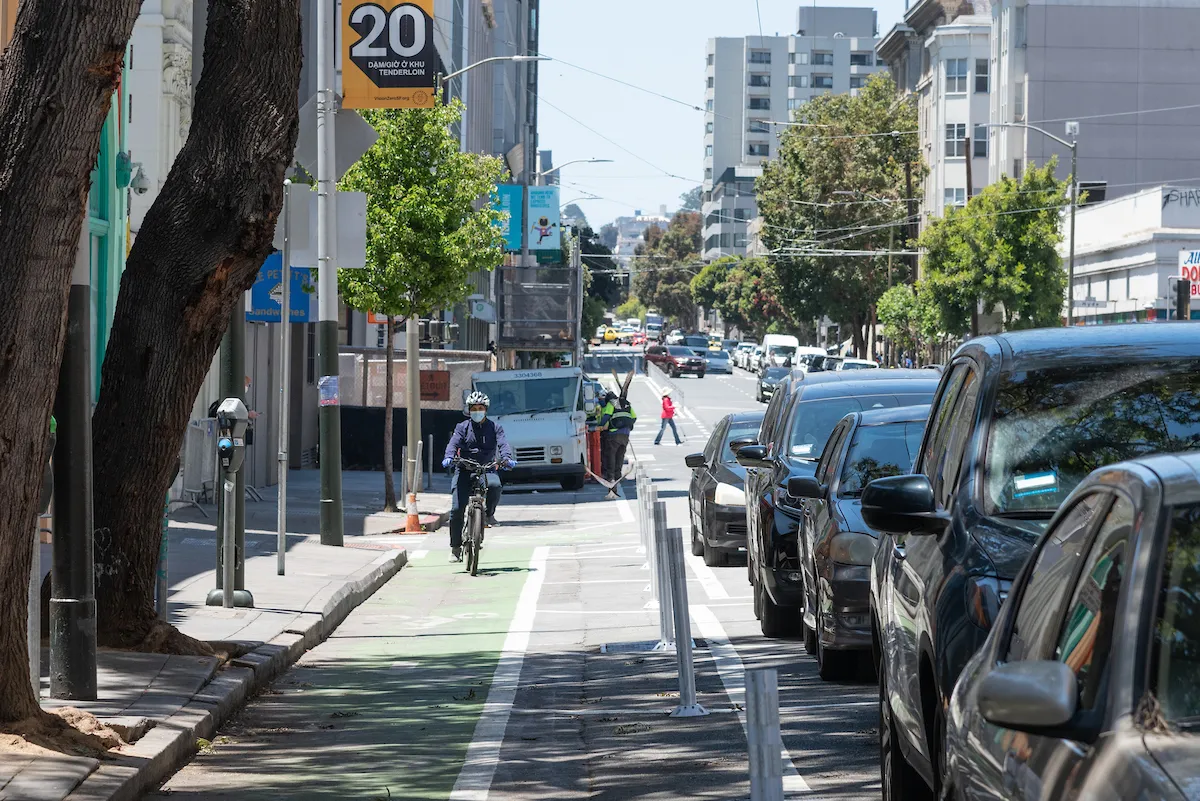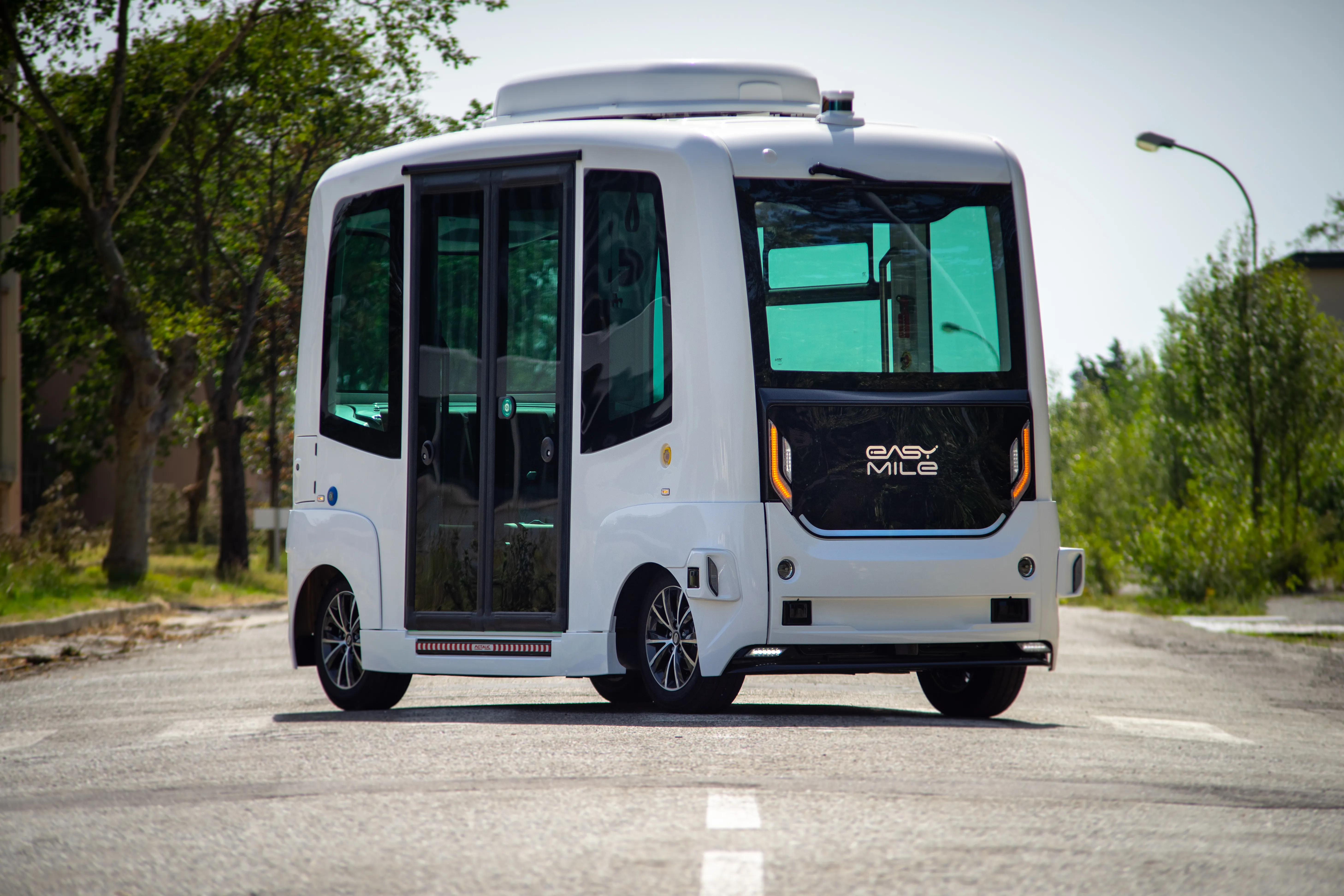
Iveda has won a $1.5 million project for its Utilus Smart Pole solution to help roll out Smart City technology in Kaohsiung, Taiwan.
It will help when it comes to improving parking and traffic management and locating charging points for electric vehicles, the company says.
Utilus smart, multi-purpose poles bring Iveda technology––including video surveillance, AI-based video analytics, IvedaSPS (smart power system), and IvedaPinpoint (location-based trackers and smart sensors)––together in a centralised platform, which is integrated into existing infrastructure.
Utilus is a smart power management and wireless mesh communications network with WiFi, 4G, and 5G small cell capabilities, plus other wireless protocols as required - and it also includes an energy storage battery system for continuous operation and backup in the case of multiple power outages.
“As we dive into 2023, we’re seeing more municipalities lean into rapid development of AI, Internet of Things and smart city technologies," said David Ly, CEO and founder of Iveda.
"Automation is the way of the future and Iveda’s Utilus smart poles add to the foundation of physical infrastructure necessary to deploy critical smart city functions.”
“Integrating smart street poles with multiple functional benefits will open doors for safer and sustainable modern development and construction of our cities and communities. As the supplier of Utilus, Iveda is enabling Kaohsiung to be at the forefront of true smart city innovation, they will be a showcase both nationally and globally.”
With Iveda Pole Gateway and IvedaSPS, the system acts as a microgrid, providing power to mission critical infrastructure as needed.
Once light poles are equipped with Utilus, they are able to communicate with one another.










